
Because of their remarkable characteristics, Labrador Retrievers are still holding their title as the most popular breed of dog in the world. These extremely talented and friendly dogs make very good ...
Because of their remarkable characteristics, Labrador Retrievers are still holding their title as the most popular breed of dog in the world. These extremely talented and friendly dogs make very good pets and are good at children of all ages and other animals. Some have very close bonding with their owners that later resulted to separation anxiety when separated from their beloved owner.
Chewing, digging and excessive barking are some signs of separation anxiety in Labrador Retrievers. However, not all chewing, digging and excessive barking are the result of separation anxiety. It could be boredom that drives your canine friend to feast on your favorite rubber slippers. But before you worry your self with the existence of separation anxiety, you should first make sure that there is really a true case of separation anxiety.
It is separation anxiety if:- The dog cannot be isolated from you, even if you are just in another room. He follows you from room to room and demands your attention when you are home.- The dog always shows inappropriate behavior when left alone even for short periods.- Tends to destruct barriers such as doors, especially the door where your dog last saw you.- The dog tries to stay close and chew the things that smell most of you, such as recently discarded clothes. The dog only chews these items when you are gone.- He is excited to greet you.- He seems depressed or stressed when he notices you prepare to leave the house.
Separation anxiety occurs because of some reasons:- when your dog is used to having you around all the time and is left for the first time- after a traumatic event such as being abandoned or left at a shelter- moving to a new house- new work schedule- new pet or person in the home
What you can do to help your dog:- Minimize your attachment to your dog. Play or spend time with him when you want not when he asks for it.- Make arrivals and departures low-key. Avoid greeting him excitedly when you arrive home. Ignore him for the first few minutes.- Get him used to you leaving the house like for example picking up keys or bag without actually leaving.- Leave something to occupy your dogs mind when you are gone. Give him a Roll-a-Treat or scatter his favorite treat in the room for him to discover.- Leave the television or radio on. The sound is relaxing.
In severe cases, there are some medications that could help your dog get over his separation anxiety. Consult your veterinarian for prescription and advice.
Article Tags: Separation Anxiety, Labrador Retrievers
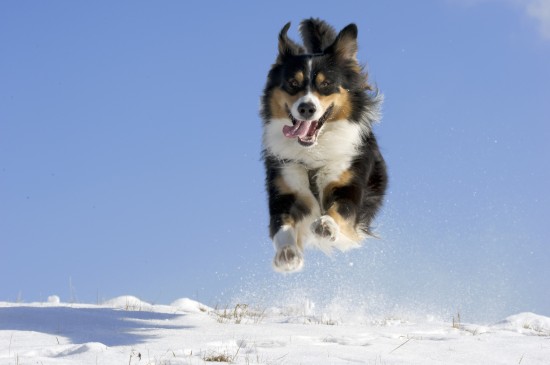 Exercising A Dog Over Winter
Exercising A Dog
Exercising A Dog Over Winter
Exercising A Dog
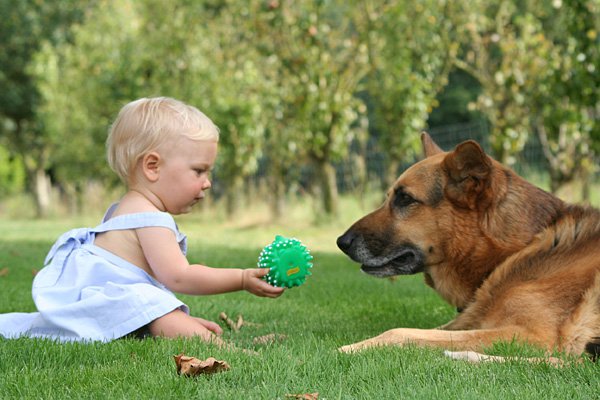 Gift your Pets a Warm, Stay in Cosy Chicken Coops
Gift your Pets a Warm, Stay in Cosy Chicken Coops
Gift your Pets a Warm, Stay in Cosy Chicken Coops
Gift your Pets a Warm, Stay in Cosy Chicken Coops
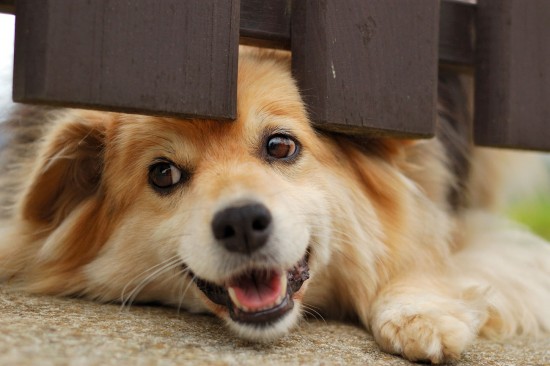 Ten Steps To Resolving Serious Separation Anxiety In Dogs
Ten Steps To Reso
Ten Steps To Resolving Serious Separation Anxiety In Dogs
Ten Steps To Reso
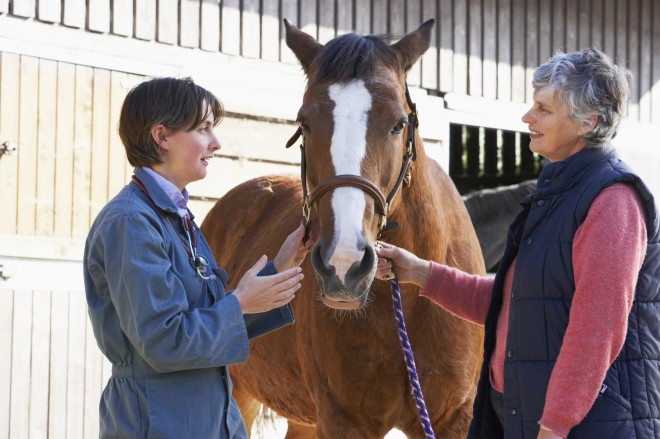 6 Signs Of Sacroiliac Disease In Horses
6 Signs Of Sacroi
6 Signs Of Sacroiliac Disease In Horses
6 Signs Of Sacroi
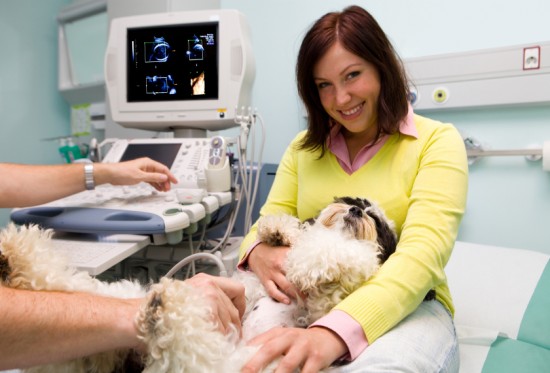 Dog Pregnancy - A Week By Week Pregnancy Calendar
Dog Pregnancy - A
Dog Pregnancy - A Week By Week Pregnancy Calendar
Dog Pregnancy - A
Copyright © 2005-2016 Pet Information All Rights Reserved
Contact us: www162date@outlook.com